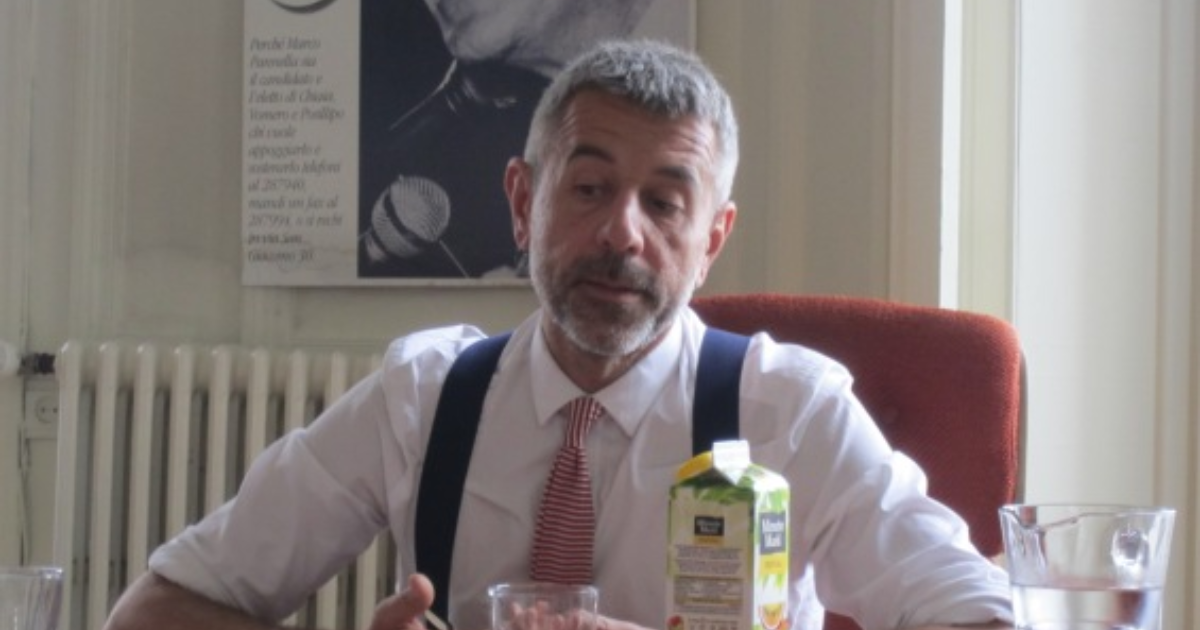Senator Perduca began the talk by discussing how NGOs and political parties advocating for human rights can successfully engage in dialogues with those States which systematically violate their citizens’ rights – without implicitly supporting repressive regimes. He posited that the most successful (though not the only) way of achieving this is through the establishment of international standards of human rights and the rule of law. These standards can very effectively be used to assert political pressure on a repressive regime. Another key tool is the skilful use of dialogue, and establishing open discussions with regimes about human rights issues. The Senator has engaged in such dialogues both in his capacity as a member of the Italian Senate and through his association with NPWJ.
Senator Perduca then discussed the political implications of an international treaty concerning narcotics. A narcotics control treaty, he argued, can itself violate human rights – in part because it may permit States to pass rights-infringing legislation, but also because it leads to prejudice and action against drug users rather than addressing underlying causes and issues. This discussion was followed by an outline of NPWJ’s impact on international human rights machinations in the last twenty years. The Senator paid particular attention to NPWJ’s role in the Rome Conference and the establishment of the International Criminal Court.
This seminar, which took the form of an interactive discussion, was deemed informative and helpful by those NPWJ staff in attendance. The NPWJ Brussels office extends its thanks to Senator Perduca and all those involved in the discussion.




